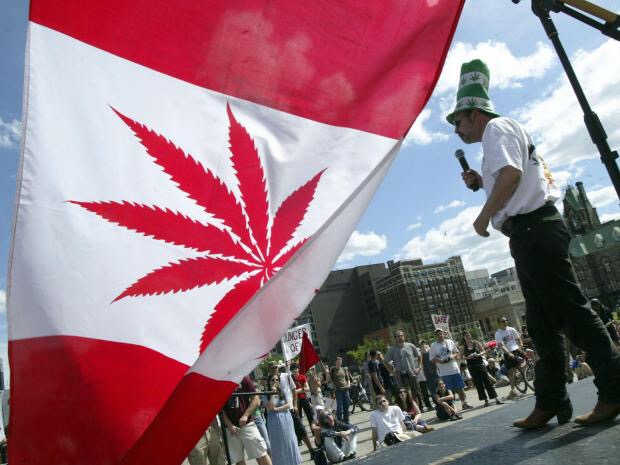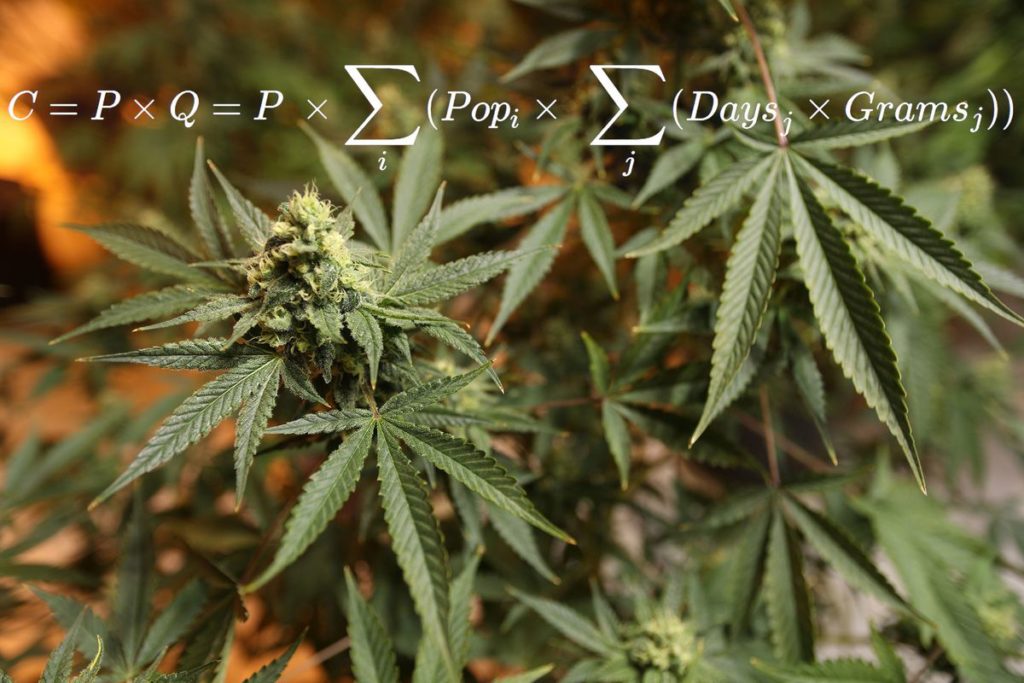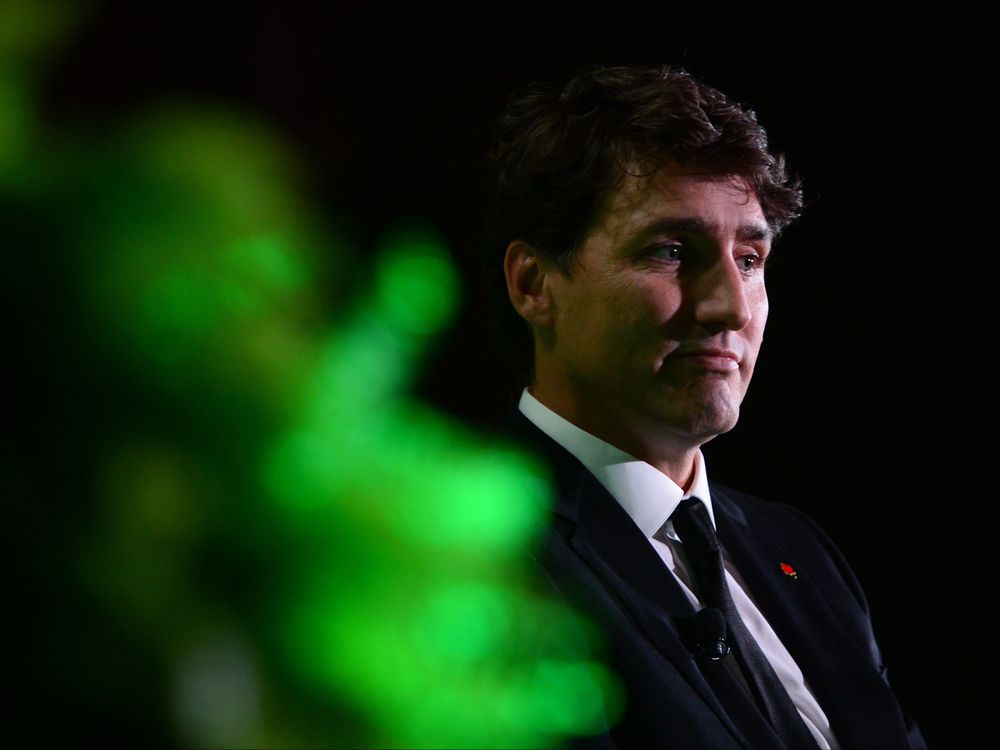Attorney General Jeff Sessions has sent shockwaves through the burgeoning legal marijuana industry with a 4 January memo ordering federal prosecutors nationwide to ignore previous Obama-era relaxations of marijuana enforcement.
The move could lead to a step up in federal prosecutions and has already affected investment in the industry.
A Department of Justice press release described the order as “a return to the rule of law” which—with immediate effect—rescinded several Obama-era memos that relaxed enforcement of federal law, which places marijuana in the same category as opioids like heroin, as well as hallucinogens such as LSD and psilocybin “magic” mushrooms.
Between 2009 and 2014, the Department of Justice—led by Barack Obama’s Attorney General Eric Holder—issued a series of memos that ordered federal prosecutors to move away from prosecuting small-scale marijuana possession and distribution, especially in states where such activities had been legalized.
The Obama-era guidance instructed federal prosecutors to focus instead on investigating larger-scale drug-trafficking and money laundering. The policy was eased in part because, as federal data has shown, drug prosecutions have disproportionately and unfairly affected the black community.
Sessions’ memo this week explicitly rescinded those orders with immediate effect, arguing that by enacting the 1970 Controlled Substances Act and its various subsequent amendments, the United States Congress had determined “that marijuana is a dangerous drug and that marijuana activity is a serious crime.”
In a statement accompanying the memo, Sessions said:
It is the mission of the Department of Justice to enforce the laws of the United States, and the previous issuance of guidance undermines the rule of law and the ability of our local, state, tribal and federal law enforcement partners to carry out this mission.
Sessions’ announcement has caused uncertainty in the legal marijuana industry just three days after California implemented a law legalizing and regulating the cultivation, sale and possession of marijuana. The new market had been predicted to add as much as $5 billion to the state’s economy, according to a study prepared by the University of California’s Agricultural Issues Center.
California is one of eight states that have legalized the recreational use of marijuana, according to the Marijuana Policy Project, an organization that campaigns against marijuana prohibition. Medical marijuana is legal in 29 states, as well as the District of Columbia and the United States territories of Guam and Puerto Rico, according to the MPP.
Forbes magazine reported that Sessions’ memo sparked a sell-off of legal cannabis industry stocks in the hours following the announcement, with shares in six major marijuana-related companies plummeting by between 25 and 30 percent.
Investors showed signs of turning instead to cannabis industry companies in Canada, where the government of Prime Minister Justin Trudeau plans to legalize and regulate the drug’s recreational use and sale by the summer of 2018.
John Arbuthnot, CEO of the Canadian medical marijuana company Delta 9, told Forbes: “Right now, due to the stated U.S. policy, Canadian companies remain the only safe haven for cannabis investors.”
In states that allow the recreational use of marijuana, some federal prosecutors and politicians responded defiantly to the Attorney General’s announcement.
Bob Troyer, the U.S. Attorney for Colorado, said in a statement that Sessions’ memo invoked prosecutorial principles that he was already following under existing Department of Justice guidance, and that his approach to federal prosecutions would therefore not be changing.
Sessions’ order included an acknowledgment that limited resources meant federal prosecutors would still have to exercise discretion in choosing which marijuana-related crimes to pursue, and recommended that U.S. Attorneys take into account “federal law enforcement priorities,…the seriousness of the crime, the deterrent effect of criminal prosecution, and the cumulative impact of particular crimes on the community.”
In Oregon, where recreational marijuana use has been legal and regulated since 2015, U.S. Attorney Billy J. Williams said Sessions’ memo afforded federal prosecutors the “reasoned exercise of discretion” in how they prioritize cannabis law enforcement. In a statement, Williams said he would therefore continue to focus on “dismantling criminal organizations and thwarting violent crime.”
Oregon’s Attorney General Ellen Rosenblum vowed to “do everything within [her] legal authority to protect” the legal marijuana industry, which she said provided $60 million in state taxes in 2017.
Sessions’ fellow Republican, Colorado Senator Cory Gardner, reacted angrily to the policy change, threatening to stall Department of Justice appointments and accusing the Attorney General of going back on a promise to leave marijuana enforcement alone after his appointment.
In a statement, Gardner said:
Before I voted to confirm Attorney General Sessions, he assured me that marijuana would not be a priority for this Administration. Today’s action directly contradicts what I was told, and I am prepared to take all steps necessary, including holding DOJ nominees, until the Attorney General lives up to the commitment he made to me prior to his confirmation.
On Twitter, Gardner pointed to a July 2016 interview in which then presidential candidate Donald Trump said he would not use federal authority to stop the legal sale of marijuana, even for recreational use, and that cannabis legalization policy should be left to individual states.
credit:snopes.com













